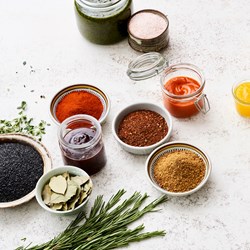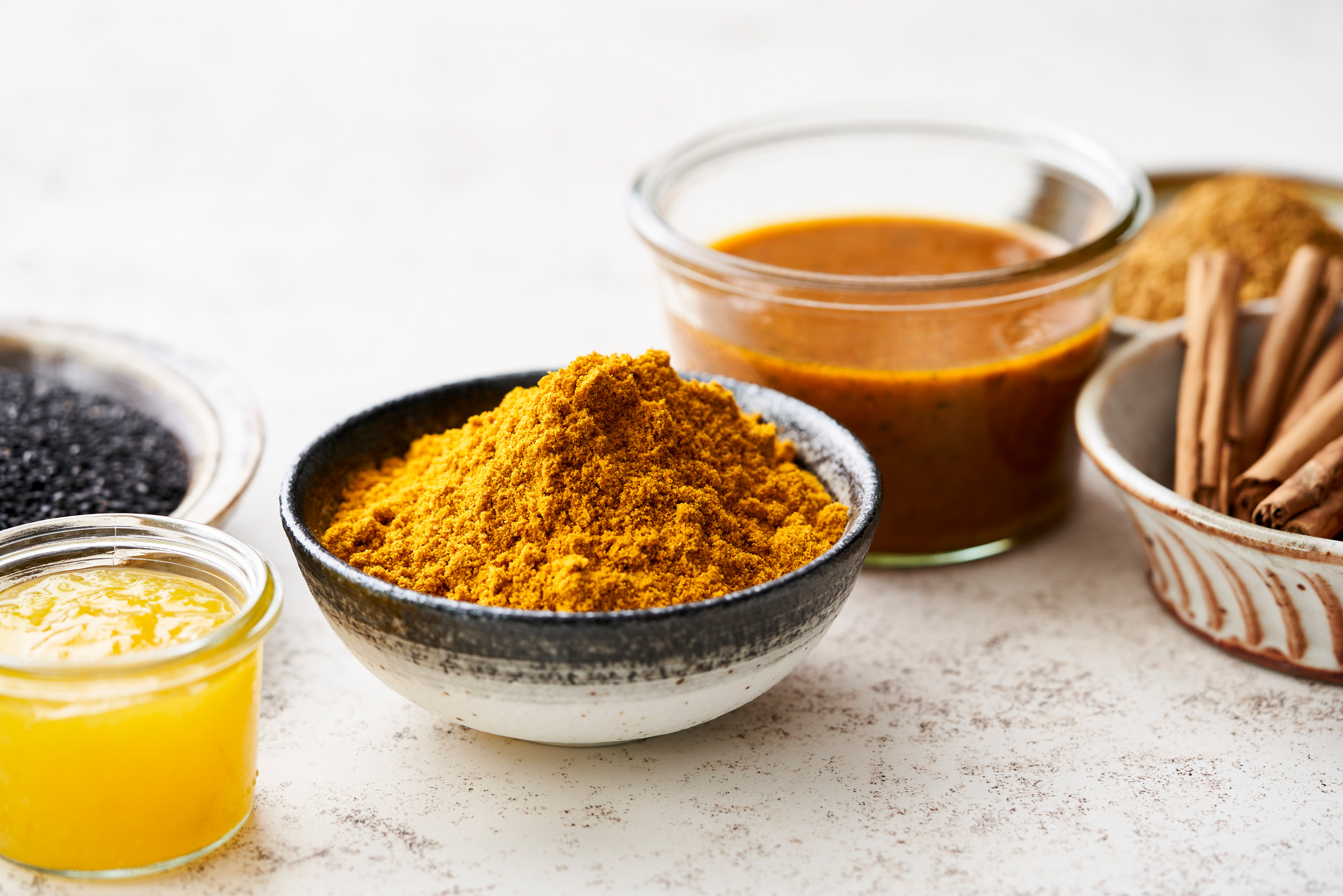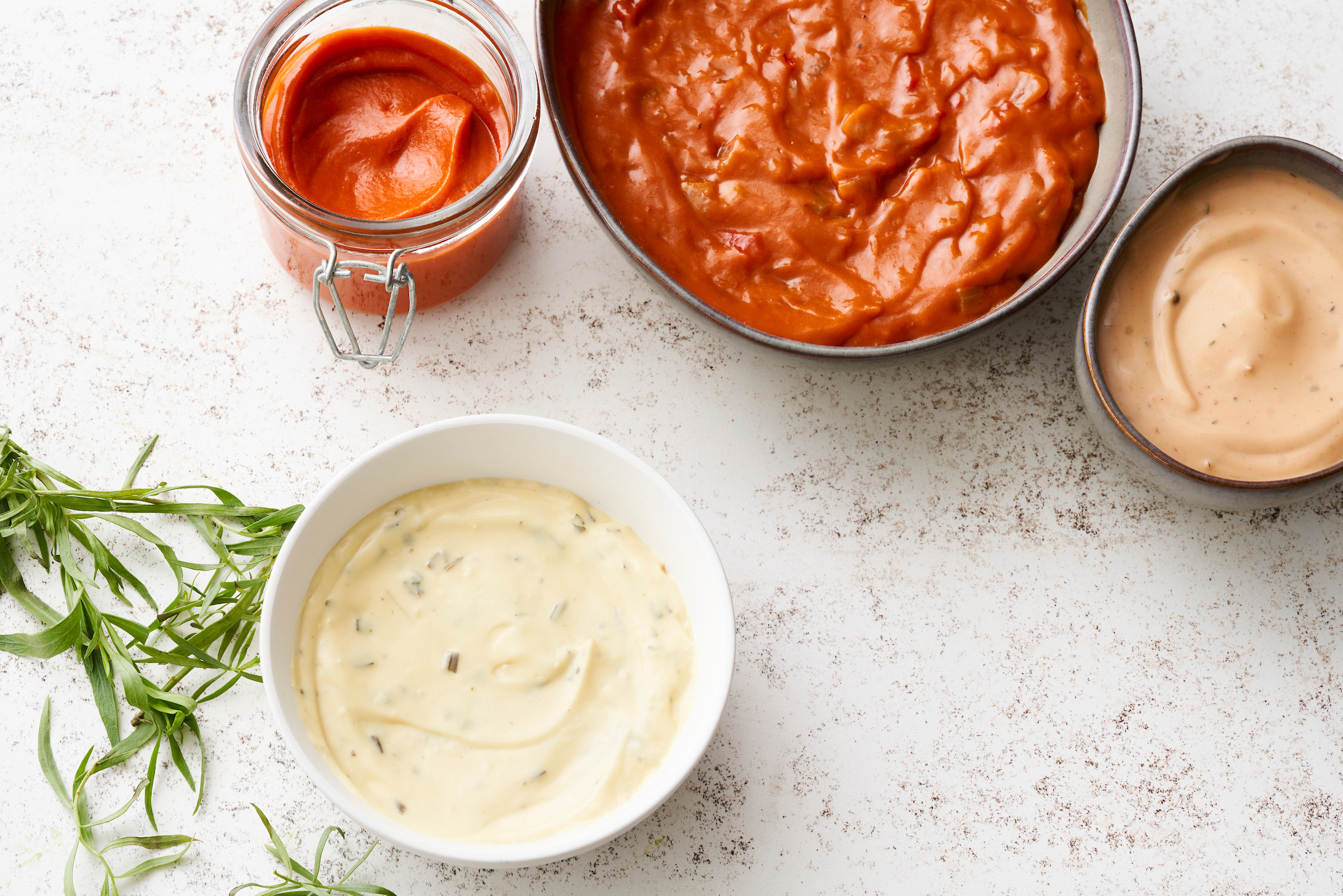


“Our biggest challenge is to keep supply chains intact”, say Jo Verheye and Francis Crul, sales manager and procurement manager for ingredient supplier Solina Group, in reference to the Ukraine Crisis. “Our main point of focus is our existing business in the food industry.”
The Solina Group is a worldwide operator with 34 production sites in Europe and North America, supplying ingredients to order for 18 thousand customers across 75 countries in the food industry, food service, butchery and retail. The 40-strong international team of buyers spends much of its time searching for alternatives to sunflower oil and grain-based raw materials in particular, as well as derived ingredients, and Dijon mustard and coriander for sauces, dressings, marinades, etc.

© Solina
“It is mostly about finding the right volumes and keeping them coming for our customers”, emphasises sales manager Jo Verheye. Not as easy as it sounds. “Before the crisis, if we placed an order on time we would soon get delivery confirmation for a specified date. Now that has all changed. These days, we don't know if raw materials are coming in until a week before. From a production-planning point of view, it's far from ideal.” Solina tries to resolve the issue by increasing its stocks, but the other ingredient suppliers are probably doing the same.

© Solina
Rising Prices
Suppliers are doing their best to honour their contracts, or at least that is what the two managers are experiencing. Rising raw-material and energy prices as the result of the Ukraine crisis have thrown a spanner in the works. When suppliers try to wriggle out of contracts due to spiralling energy prices, Solina asks them for justification. “What is the share of energy in the total ingredient-production cost?” Higher energy prices are occasionally misused to hike prices. The two managers expect to see consumers paying more in the end for the products they buy. They also see a shift toward cheaper products. In the end, food companies will modify their recipes and come to rely even more heavily on their ingredient suppliers.

“It is always advisable to maintain a critical perspective on your own products and adjust them to contemporary needs where necessary”, emphasises Marijke Adriaens, CEO of frozen food company Fribona. “For consumers, taste is still the main consideration. It is essential to work towards a product that is, above all, tasty and visually appealing.”...

Scientists from KU Leuven have discovered how oil penetrates snacks during and after the frying process. Recent research findings point to advanced frying techniques that reduce oil absorption, as well as innovative methods to limit oil uptake during the cooling phase. This paves the way for the development of healthier snacks without compromising...

Food companies are increasingly targeting a wider range of consumer groups. Speaking at an event organised by Fenavian, Julian Mellentin of New Nutrition Business said this strategy offers significant opportunities to respond to the diverse health needs and interests of today’s consumers. “Consumers enjoy both animal and plant-based proteins”, he...

Backed by financial partners, Start it @KBC is launching the accelerator programme Scale it Agro, aimed at scale-ups offering sustainable and innovative agricultural solutions for agriculture and horticulture businesses. Kjell Clarysse, programme director at Scale it Agro, goes into more detail.